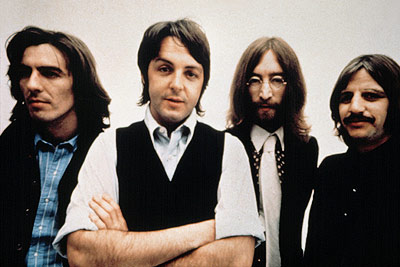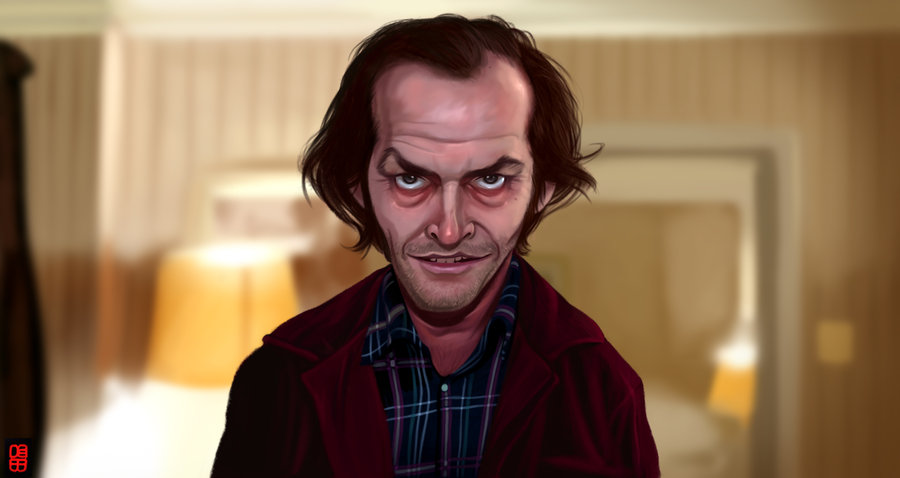We live in a bubble. The bubble we inhabit is defined by particular codes and regulations of how society is to properly conduct itself. Because our cultural and social norms are pre-determined from birth, behaviour that does not assimilate itself with these pre-established values is typically deemed as opposing what is morally correct. Inhabitants of society are considered to act in a particular fashion, or be deemed as dangerous opposition to social values.
It’s often funny how we adapt our behaviour to the defined values governing our particular culture. If I’m acting selfish, I am certainly going to be questioned about it by my peers. Being selfish may be who I am as an individual, but being selfish is also deemed as an inappropriate behavioural trait that needs to be regulated. In a sense, certain qualities define us as individuals, but if they are deemed inappropriate by our peers, we force ourselves to change and conform to our socially predetermined values*.
It is only when mainstream culture finds some way to define ‘other’ behaviour that it becomes acceptable and thus categorized as safe.
In regards to popular culture, society has always struggled to cope with alternative modes of thought. Whether it was found in the gyrating hips of Elvis Presley, or in the long, social misfit haircuts of The Beatles, society has struggled with evolution. In 1967, Arthur Penn’s ‘Bonnie and Clyde’ depicted graphic violence never before seen in mainstream film. From 1971-79, ‘All in the Family’s’ Archie Bunker proudly expressed his bigotry to weekly audiences. Sexuality was pushed to the limits in Bernardo Bertolucci’s ‘Last Tango in Paris’ (1972), which saw Marlon Brando and Maria Schneider realistically** portray the act of fornication to art-house audiences worldwide. In the 90s, Marilyn Manson screamed about his love for the devil, and the 2000s were highlighted by Eminem’s lyrical onslaught viciously directed towards his wife and mother***.
The point of this article is not to condone nor condemn these particular moments in popular culture history. Rather, it is an attempt to point out how particular actions not immediately understood by society were deemed amoral and socially inappropriate. These actions did not fit within the bubble of mainstream culture. Our particular way of functioning has rules, and this behaviour found in music, film, or culture in general opposes rules. They were pushing the envelope of what was deemed acceptable.
As mentioned prior, it is only when society allows itself to adapt and expand its understanding of what is acceptable that this sort of behaviour becomes flavourless and deemed safe. Thinking about it today, is Marilyn Manson still controversial? Maybe yes, but largely No, and it’s because society has engulfed him into their sense of cultural understanding. Because they have allowed themselves to open their minds, his behaviour is not as startling as it was back in the mid 90s.
In regards to the violence in Bonnie and Clyde, it is now considered tame in regards to what films now depict. And thinking that Elvis and The Beatles were ever controversial is actually quite amusing nowadays, but back in the 50’s and 60’s, society was shocked by such behaviour. In order to compensate, they had to adjust and learn to accept it for what it was. You see, society will always find a way to adapt, and once they do, outsiders will always be tamed.
But as it is a continuous pattern, every so often, someone or something will attempt to exert force against the ‘what is deemed acceptable’ barrier. And through our eventual acceptance, the bubble we live in will continue to expand at an excessive rate, and will forever do so. Nothing remains controversial for too long****.
*On a daily basis, the qualities that define us as individuals are criticized by others for their inability to gel with our social and cultural norms. Ideas and behaviour that are misunderstood or deemed foreign to a culture’s dominant ideology are immediately deemed as dangerous and misunderstood.
** To this day, audiences are still unsure if the sex was actually simulated or real. In fact, there are still rampant rumours that indicate that the sex was actually real. BUT, I have read a few articles that simply state that these rumours are false. So, in retrospect, I have come to no conclusion on this topic.
***There are far more examples, but I think you get the point. Controversy, like breathing, has become a staple of popular culture.
****Many individuals know that being controversial is a wonderful marketing tool to gain popularity. Any publicity is good publicity. Why did Marilyn Manson stand out in the 90s? Because he took a taboo topic like devil worship and brazenly shoved it into mainstream culture’s face. As well, Eminem is merely a character created by Marshall Mathers. Eminem is an alter ego, and commits unsavoury acts that are highly controversial (this duality is an interesting topic to discuss in a future article), but they are controversial because they exist outside of the social bubble. If you notice now, Eminem is not deemed as dangerous as he was back when he first emerged as a mainstream artist. Society now understands him. Eminem and Manson are now situated firmly within the bubble of mainstream culture. But soon, some other act will be introduced to make our jaws drop.



